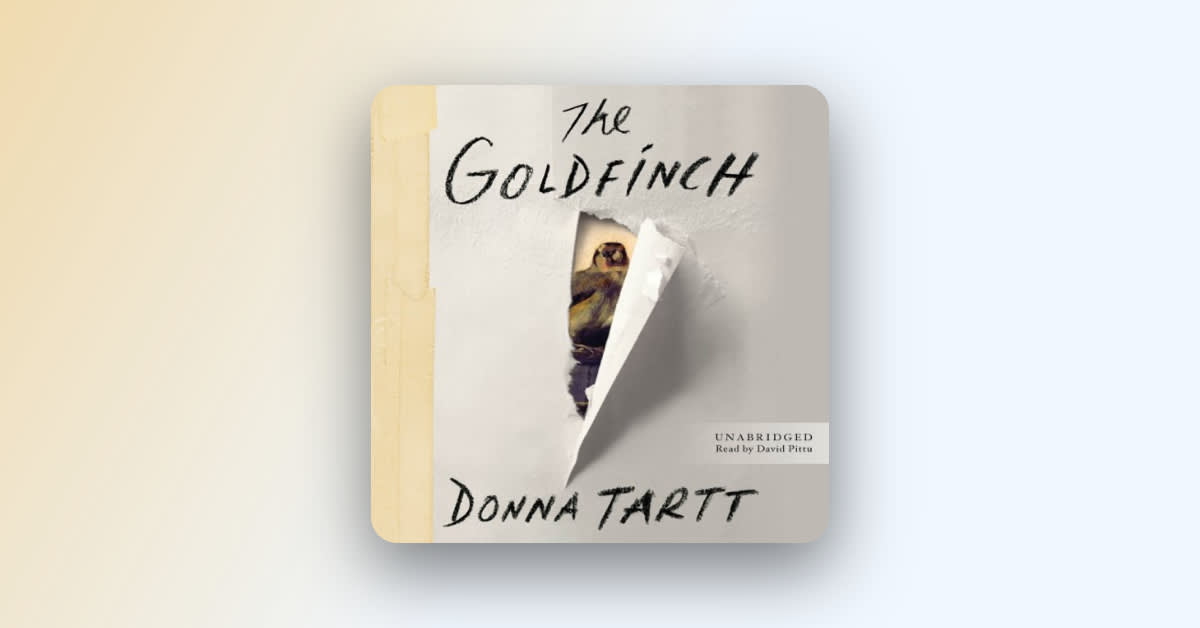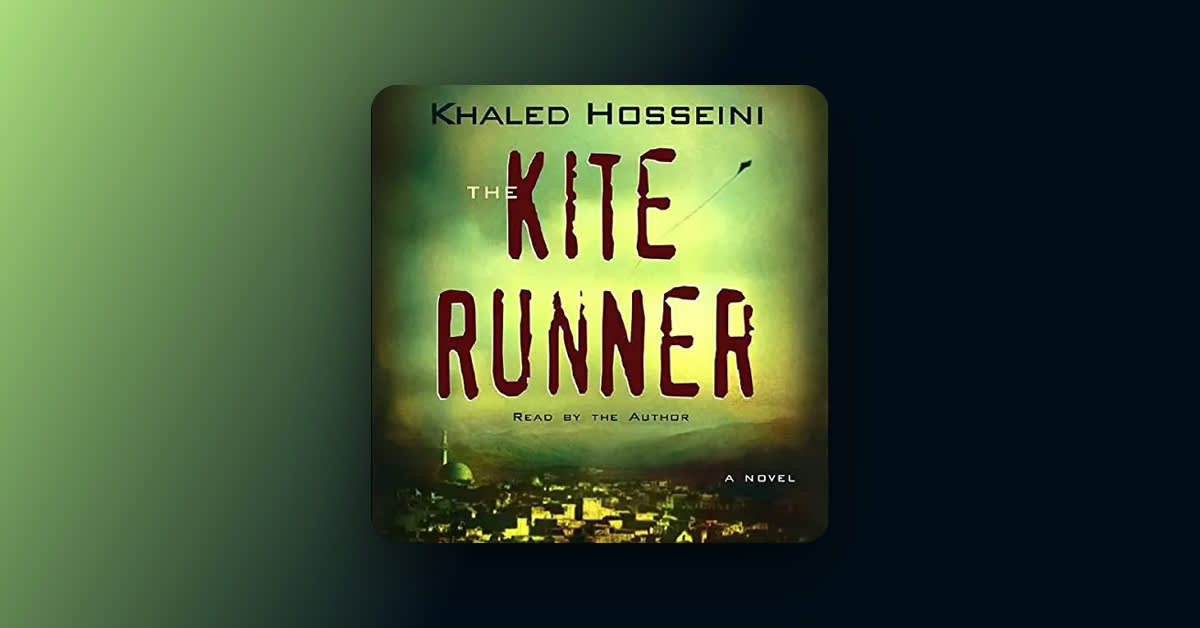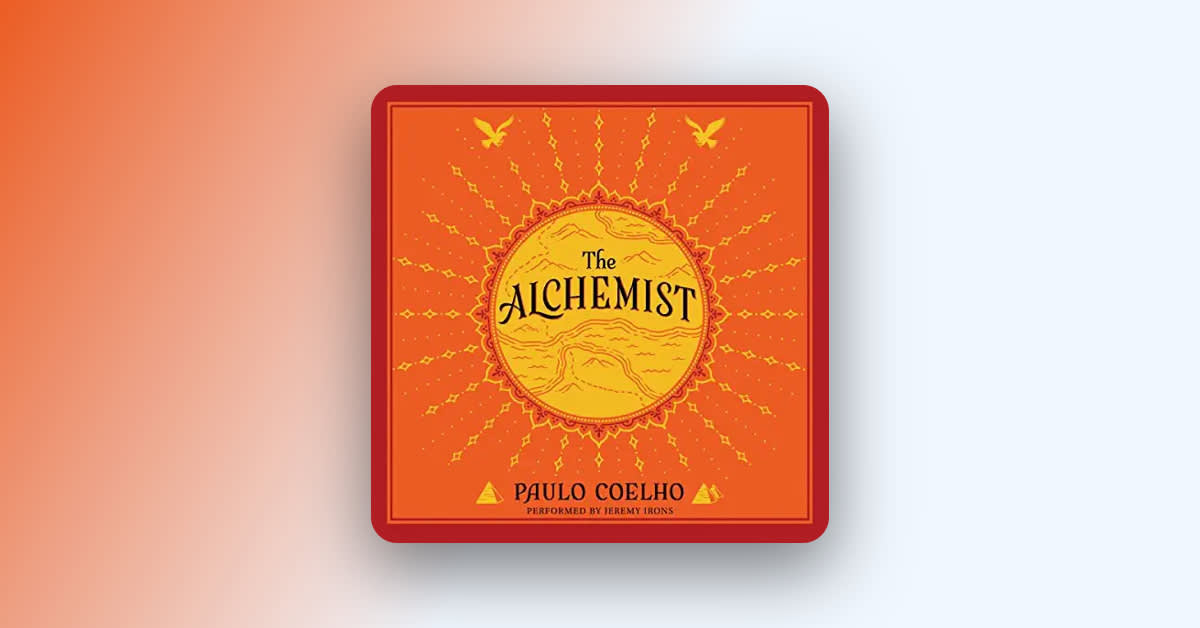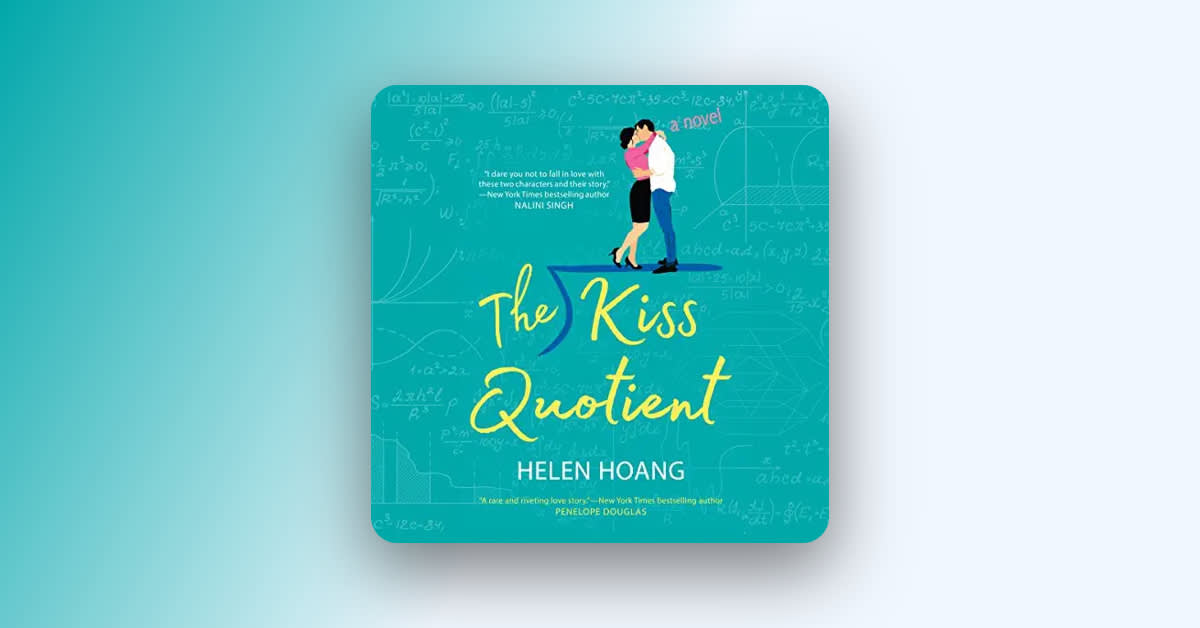Why it's essential
Narrator David Pittu creates a beautiful, familiar kinship with each of's characters, which resonates with the listener long after the final chapter.
What is The Goldfinch about?
A coming-of-age tale that spans decades and countries, follows Theo Decker, who, at age 13, suddenly loses his mother and becomes an unwitting art thief in the same explosive, tragic moment—and the profound effects that event has on the rest of his life.
Editor's review
An unabashed nerd, Sam Danis can’t get enough of sci-fi, fantasy, and horror—but she likes to dabble in thrillers and memoirs as well.
The Goldfinch was one of the first novels I listened to when I started working at Audible nearly a decade ago. I joined the team in September, and with this title releasing in a month’s time, I remember what a very big deal it was that a new Donna Tartt book was forthcoming (she only publishes about once a decade, after all). The plot is gripping: During a bombing at New York’s Metropolitan Museum of Art, two events alter the course of 13-year-old Theo Decker’s life. His mother—the most prominent figure in his life—is killed, and he grabs the painting they were there to see (the titular Goldfinch by Carel Fabritius), thereby becoming an accidental art thief. What follows is a coming-of-age story of epic proportions—about fate, loss, consequences, and the intangibility of home and family. It is at turns sentimental, suspenseful, melancholy, and hopeful.
I watched as the glowing reviews poured in, with no real intention to listen myself. A 32-hour audiobook seemed incredibly daunting when I was new to the world of audio entertainment—primarily, a podcast and short audiobook listener. And this, after all, was literary fiction.
Why did I ultimately decide to pick it up? I can’t recall exactly, but I imagine it had something to do with peer pressure. My fellow editors and I influence each other in the best of ways—nobody wants to be the last one to hear something truly amazing—and I think it was our fiction editor, Tricia, who first sung the praises of this one. So, I buckled in (read: put on my headphones) and prepared for whatever was to come.Donna Tartt is unmatched in her skill as a writer—I feel certain if I had read this novel, I also would have enjoyed it. (And I eagerly and patiently await her next, whenever it may come, trusting that it is currently marinating to perfection.) But I want to focus on the performance here. Why listen? Why commit to such a long work?Have you ever heard a narration that made you think, "This is it—if I only hear this voice for the rest of my listening life, I will be happy"? I don’t mean to be dramatic, but that’s what David Pittu’s performance did for me. Some narrators are vocal chameleons, making you double check the cast list to confirm it is indeed one voice, not a multicast. Pittu isn’t like that—it’s always him, with his distinct gravelly tone. And it is perhaps this quality that so effortlessly ushers us through a coming-of-age tale of such epic proportions. Whether portraying main character, Theo, as young or old, the mischievous Ukranian Boris, or the grating stepmother Xandra, it works, but it is very clearly Pittu. He is youthful and exuberant in one scene, weary and disenchanted in the next. He evokes the panic, dread, wonder, surrealism, and triumph that Tartt so deftly explores throughout this work. In the written word, Tartt’s novel is a masterpiece. In audio, thanks to Pittu, it somehow transcends that label.










